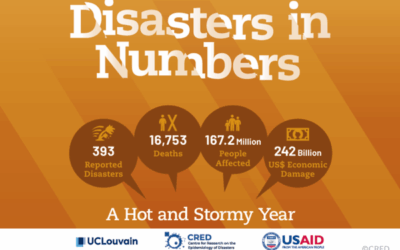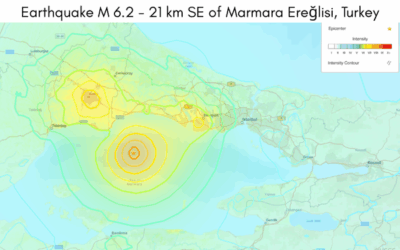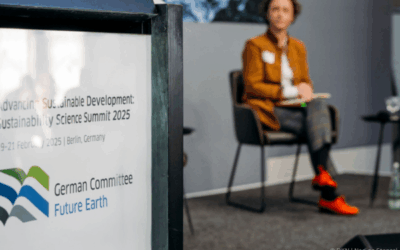The DKKV is…
German Committee for Disaster Risk Reduction e.V.(ger.: Deutsches Komitee Katastrophenvorsorge e.V.)
Newsblog
CRED Report: Global Distribution of Disasters in 2024
The Centre for Research on the Epidemiology of Disasters (CRED) has released new data on global disasters triggered by natural hazards in its latest report, Disasters in Numbers 2024. The report is based on the Emergency Events Database (EM-DAT), maintained by the...
Civil Protection in Germany’s Coalition Agreement: Big Promises, Little Clarity?
In Germany, a Koalitionsvertrag (coalition agreement) is a formal policy document negotiated between political parties forming a government. It outlines the legislative and political priorities for the upcoming term. These agreements are particularly relevant in...
Strong Earthquake Near Istanbul – Concerns about Aftershocks
On April 23, 2025, at 12:49 p.m. local time (9:49 UTC), an earthquake of magnitude Mw 6.2 struck the central Marmara Sea, approximately 60 km west of Istanbul. Just 13 minutes later, a second quake with a magnitude of Mw 5.3 occurred south of the city. The hypocenter...
Sustainability Science Summit 2025 in Berlin
From February 19 to 21, 2025, the Sustainability Science Summit 2025 took place in Berlin under the motto “Advancing Sustainable Development”. The conference continued the series of German Future Earth Summits and was organized by the German Committee Future Earth...
Follow us
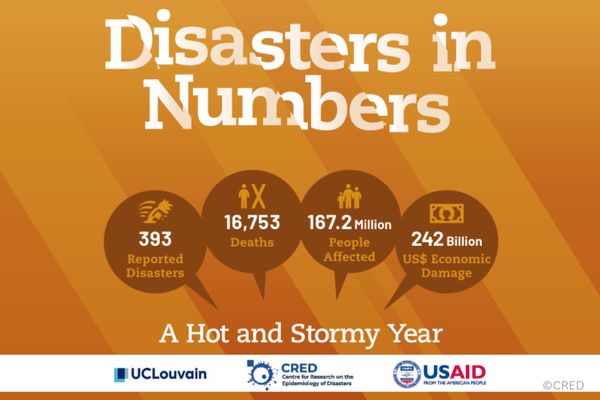

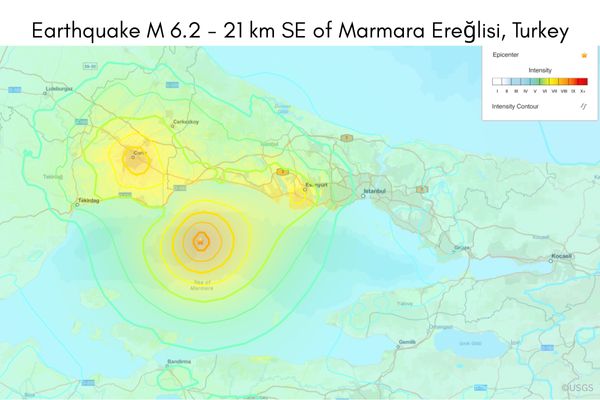
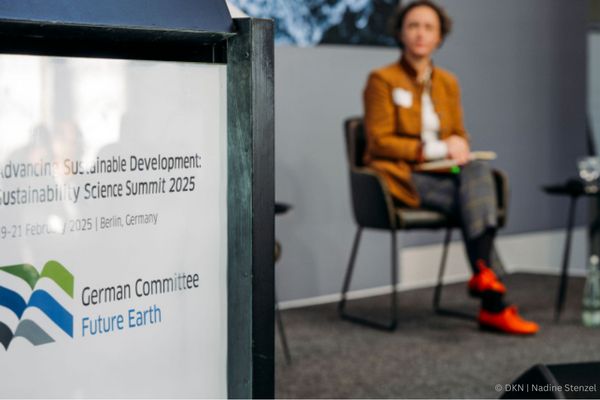
What is disaster risk reduction?
Storms, natural hazards and extreme events can quickly become a danger to people and the environment. But climate change, extreme urbanization, power outages and fires also offer potential hazards.
A disaster occurs when the functioning of a community or society is impaired or interrupted and, as a result, high human, material, economic and ecological losses occur that cannot be managed alone.
Precautionary measures can help to reduce the consequences and impact of the disaster. Depending on the hazard and personal circumstances, the precautionary measures to be taken may vary.
Find out more about potential hazards and individual precautionary measures on our topic pages.


